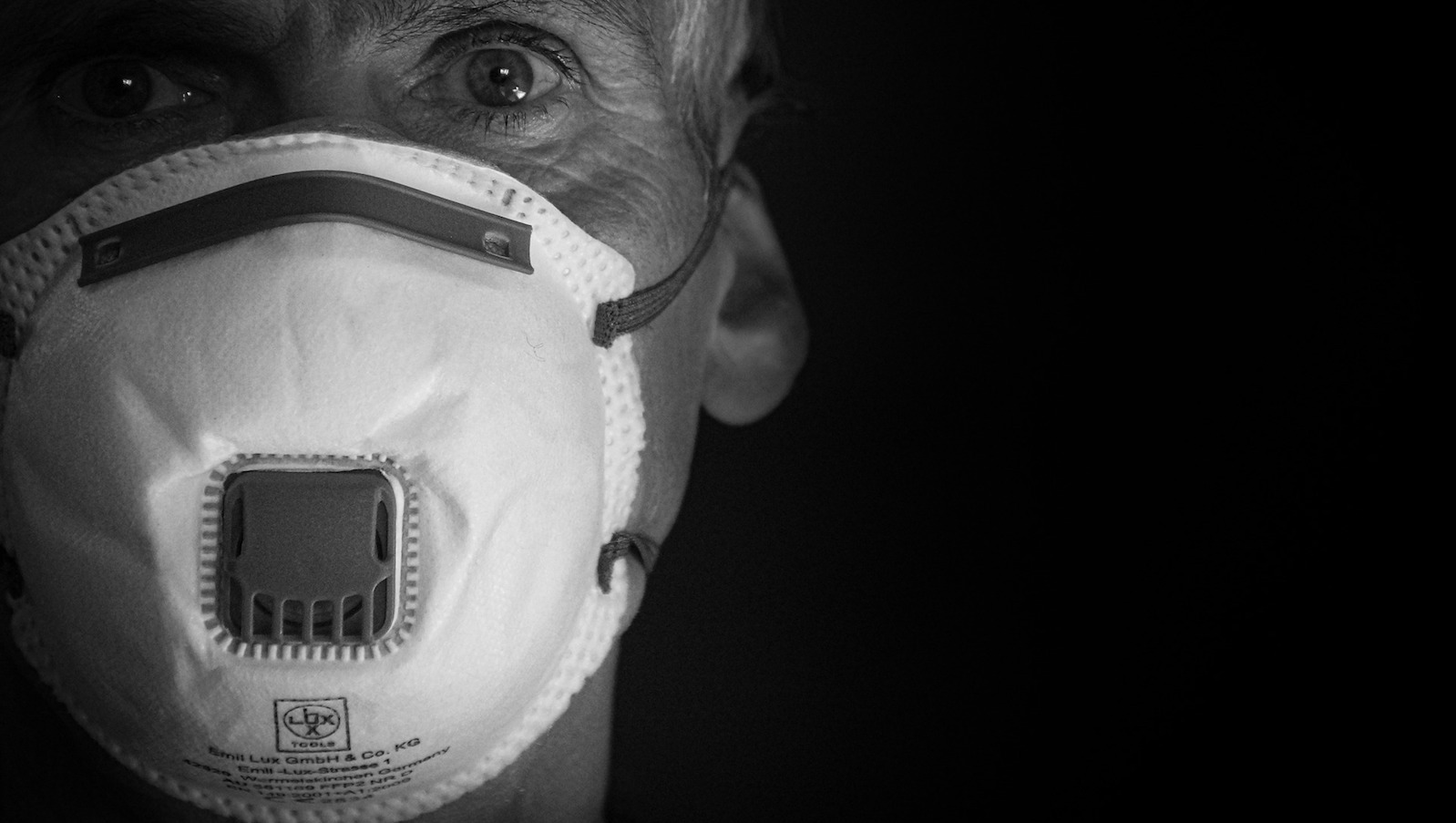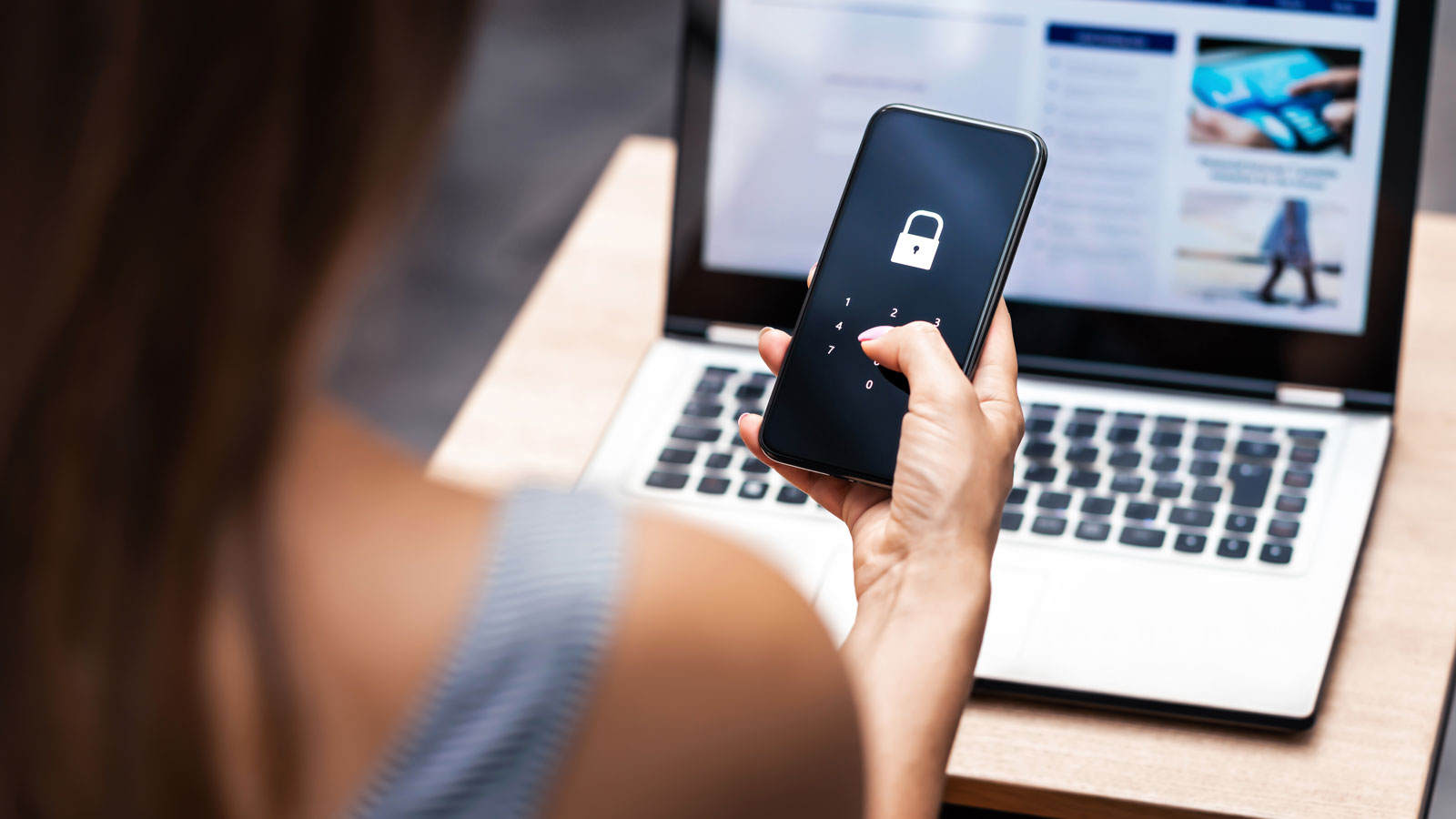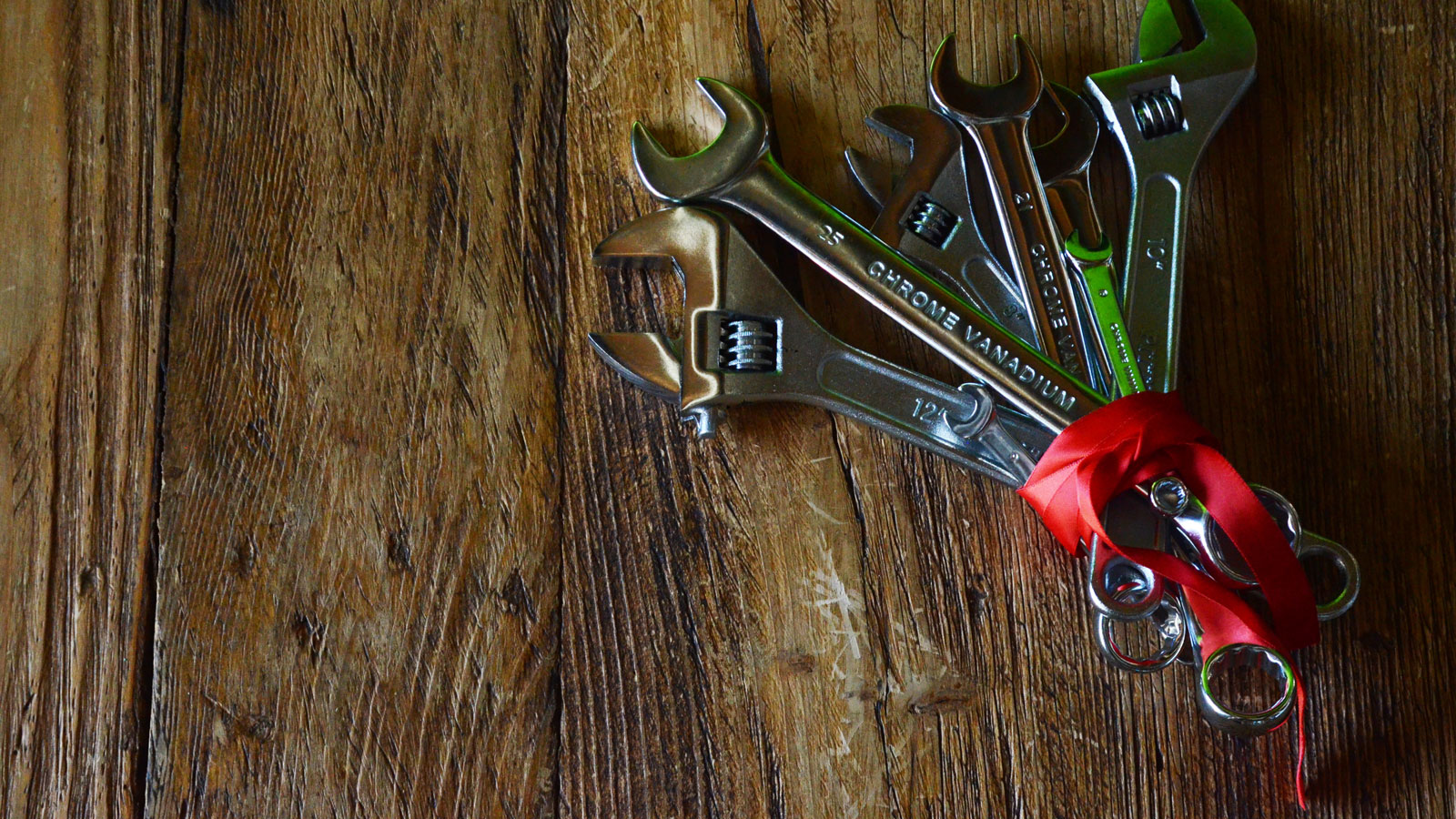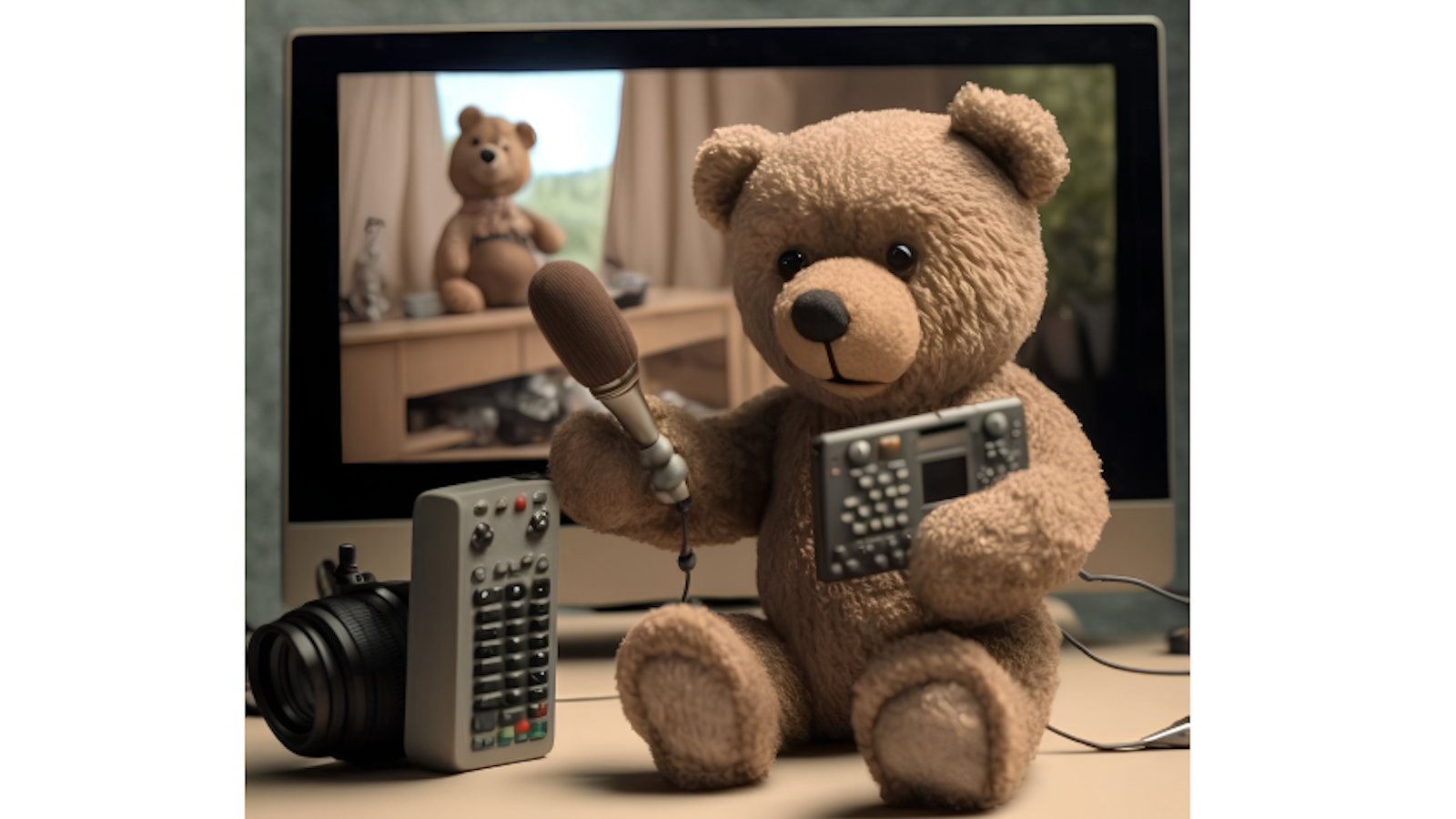
How to spot counterfeit N95, KN95 masks before you buy them
You may be setting aside those cloth or surgical masks and shopping for some N95 masks or KN95s that are supposed to be widely available. But . . . there unfortunately are lots of counterfeit products out there too.

Health experts are finally talking about us upgrading our face masks to protect against COVID. So you may be setting aside those cloth or surgical masks and shopping for some N95 masks or KN95s that are supposed to be widely available. But . . . there unfortunately are lots of counterfeit products out there too.
The Centers for Disease Control and Prevention (CDC) this week said that about 60 percent of the KN95 masks out there are counterfeit and do not meet the standards of the National Institute for Occupational Safety and Health (NIOSH). That means they likely won’t offer the protection you’re looking for. There are certainly plenty of reports of counterfeit N95 masks too.
Here are some tips on buying genuine masks that are what you think they are:
** Buy in person if possible. Brick and mortar stores such as CVS and Walgreens are less likely to deal with shady suppliers that are peddling counterfeit masks.
** Stay away from unbranded N95, KN95 or KF94 masks. KF94s aren’t as likely to be counterfeit, the Environmental Protection Agency says. They are manufactured in Korea and, while not quite as good as N95s or KN95s, they’re better than cloth masks or simple surgical masks and may fit better for men with beards. In addition,
** Look at the brand. The name of the manufacturer or its logo should be actually on each mask, whether it’s an N95 or KN95.
** If you’re shopping online, look at the supplier, not just the supposed brand. For example, if you’re trying to buy N95 masks from 3M, make sure that’s the actual supplier (such as the 3M store on Amazon).
** Look at the packaging. Genuine masks are generally individually packaged in wrapping sealed by the manufacturer – not in a baggie closed with a twist-tie or zip top.
** Pay attention to the per-mask price. Legitimate masks should generally be $2 to $3 per mask. If they’re dramatically cheaper – unless you’re getting a massive quantity – then it’s probably best to steer clear.
** Watch for spelling or grammatical errors or simple typos, which you wouldn’t expect to find on a legitimate product from a well-known manufacturer.
** Watch out for false claims. Any N95 mask that states it’s “FDA approved” is suspicious because an N95 is approved by the National Institute for Occupational Safety and Health (NIOSH), not the FDA (unless it’s a surgical N95).
** Avoid products without the proper markings. N95 masks are supposed to carry the “NIOSH” mark and the NIOSH testing and certification approval number, for example, TC-84A-XXXX, according to the CDC. Here’s how the markings on an N95 should appear. A KN95, in contrast, should NOT carry the NIOSH mark because KN95s are supposed to comply with Chinese standards, not U.S. standards. A KN95 should have a stamp of GB2626-2019 for masks made after July 1, 2021.
See our tip guide on how to spot all sorts of counterfeit products while shopping online.
Topics
Authors
Teresa Murray
Consumer Watchdog, U.S. PIRG Education Fund
Teresa directs the Consumer Watchdog office, which looks out for consumers’ health, safety and financial security. Previously, she worked as a journalist covering consumer issues and personal finance for two decades for Ohio’s largest daily newspaper. She received dozens of state and national journalism awards, including Best Columnist in Ohio, a National Headliner Award for coverage of the 2008-09 financial crisis, and a journalism public service award for exposing improper billing practices by Verizon that affected 15 million customers nationwide. Teresa and her husband live in Greater Cleveland and have two sons. She enjoys biking, house projects and music, and serves on her church missions team and stewardship board.
Find Out More

5 steps you can take to protect your privacy now

Fixed for the Holidays

Trouble in Toyland 2023

